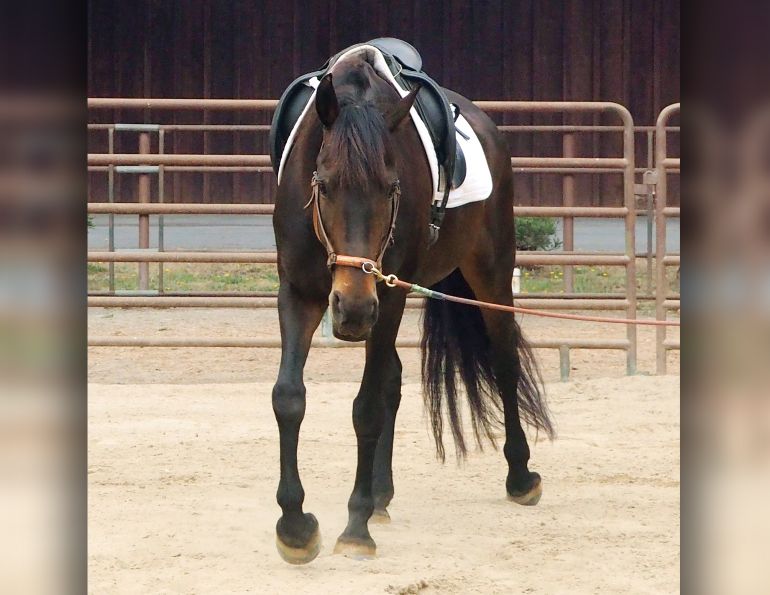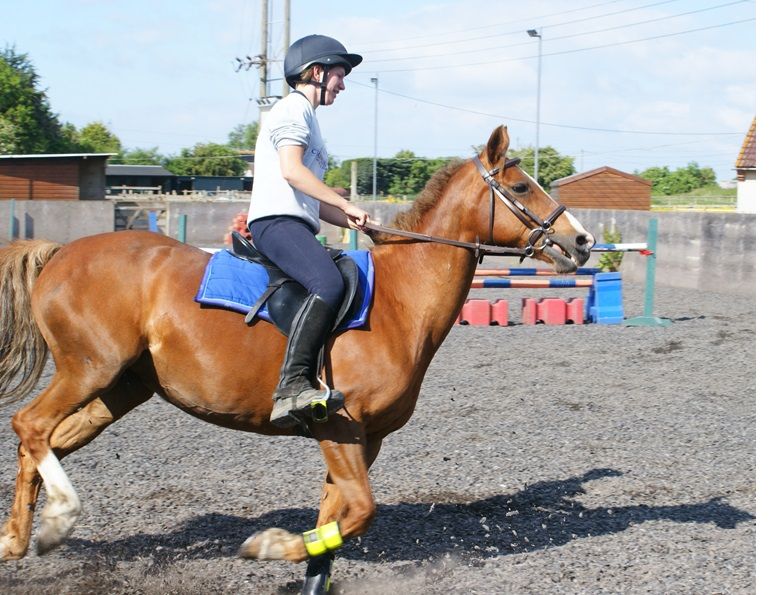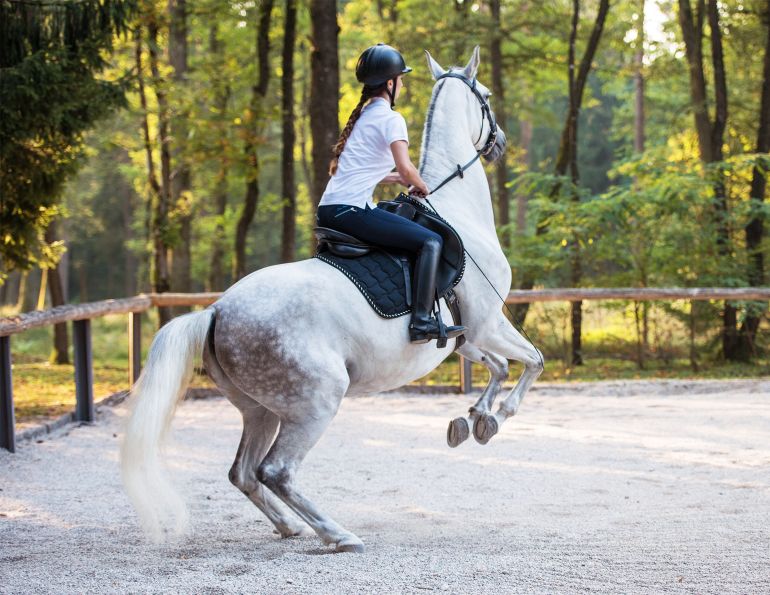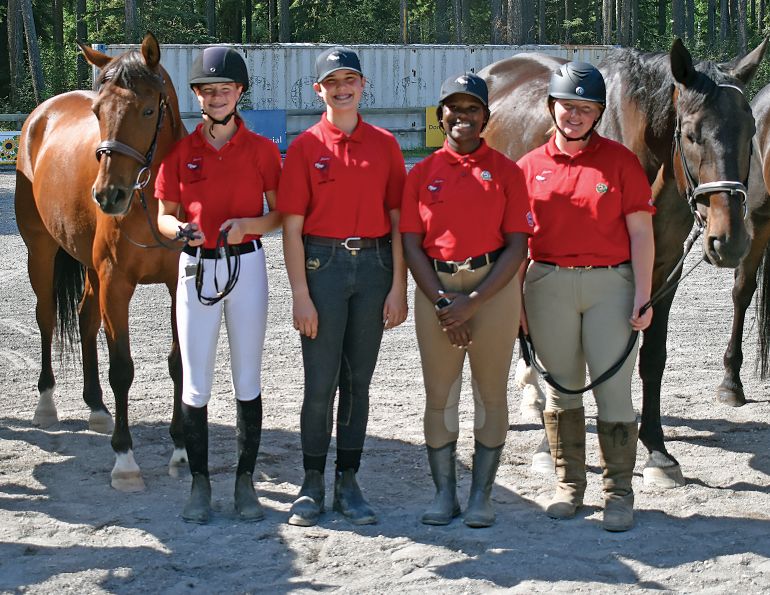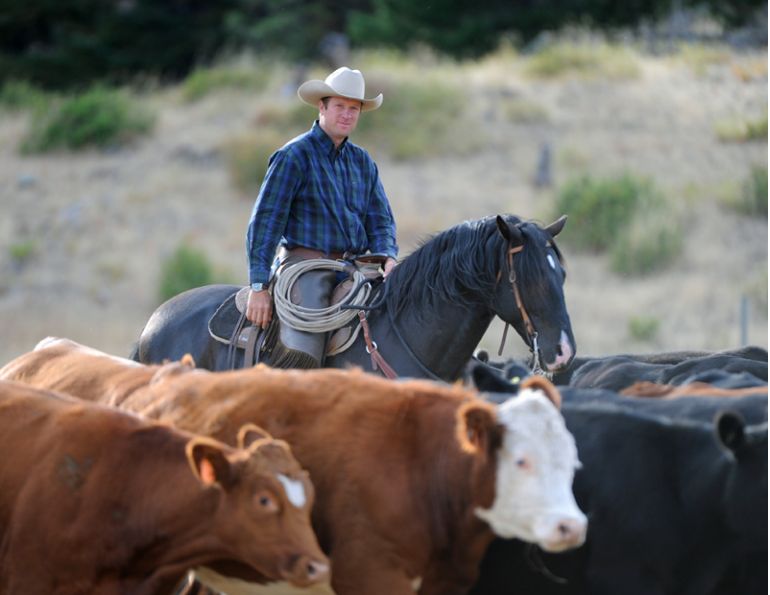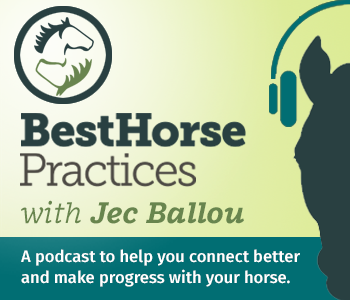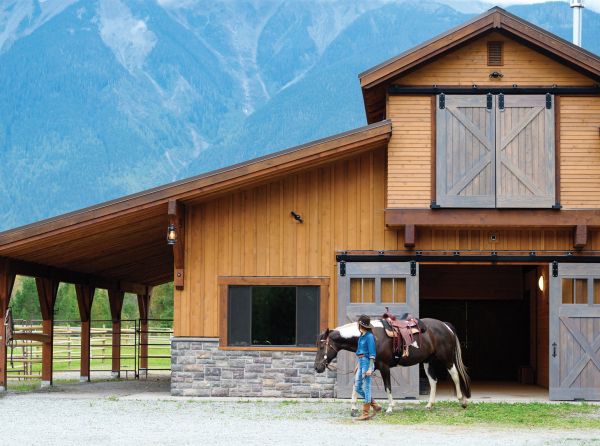By Lindsay Grice
Q: I trailer my daughter’s horse to a local coach for lessons every other week. How can she best make use of her practice time in between lessons? Do you suggest riding every day or every other day? Although I am not a horse person, do you have any suggestions for me to help her prepare for her next lesson or horse show?
A: It is a real asset for a young person to have a parent who is so supportive of their riding. Conflicts can be kept to a minimum if you’re careful to keep your role separate from the coach. (Failing to do so is sure to result in: “Well I’d like to see you do it, if you think it’s so easy!”). Here are some suggestions:
Take Notes During Lessons
Summarize the main points and record exercises to practice at home. Briefly meet with the instructor and your daughter after the lesson and ask what he would suggest your daughter work on in the week to come. Remember, your job is to help your daughter to formulate a practice plan but not to instruct her.
Take a Video the Session
Have your daughter watch the video by herself (without family, friends, and other commentators). This will give her an objective view of the skills that are looking good and those that need work.
Decide on a Practice Schedule
I have found that schooling several days in a row accomplishes more than an every-other-day plan.
Practice the Uncomfortable
Most people have the tendency to keep repeating what they already do well. A profitable practice session also involves what doesn’t come easily. Encourage your daughter to push herself to practice skills more challenging (slower, tighter, faster, etc.) than she may encounter in competition.
Come up with a Logical Plan
Every rider should have a lesson plan for his horse before he begins to work. Your daughter should be able to articulate what skills she will be working on before she climbs aboard. Ask her about her plan as you drive to the farm. Teaching or refining her horse’s skills could be broken up with three minute segments of position strengthening exercises for herself (riding without stirrups, two-point position, etc.). Each skill can be broken down into a repetition of simple tasks. For instance, building blocks for flying change work would be hip control, leg yielding, and counter canter.
Along the way a rider is bound to hit a snag. Often my schooling session doesn’t go exactly as planned because there will be a skill that the horse doesn’t perform well or doesn’t quite understand. Then I will backtrack and break down the skill into simpler parts. I may never complete the lesson plan for that day because I had to go back and “plug the holes.” I see the lesson plan as a guideline only and not etched in stone — I’m ready to adjust it if needed.
Main Photo: No-stirrup work can help strengthen your riding position between lessons. Photo courtesy of Troxel







